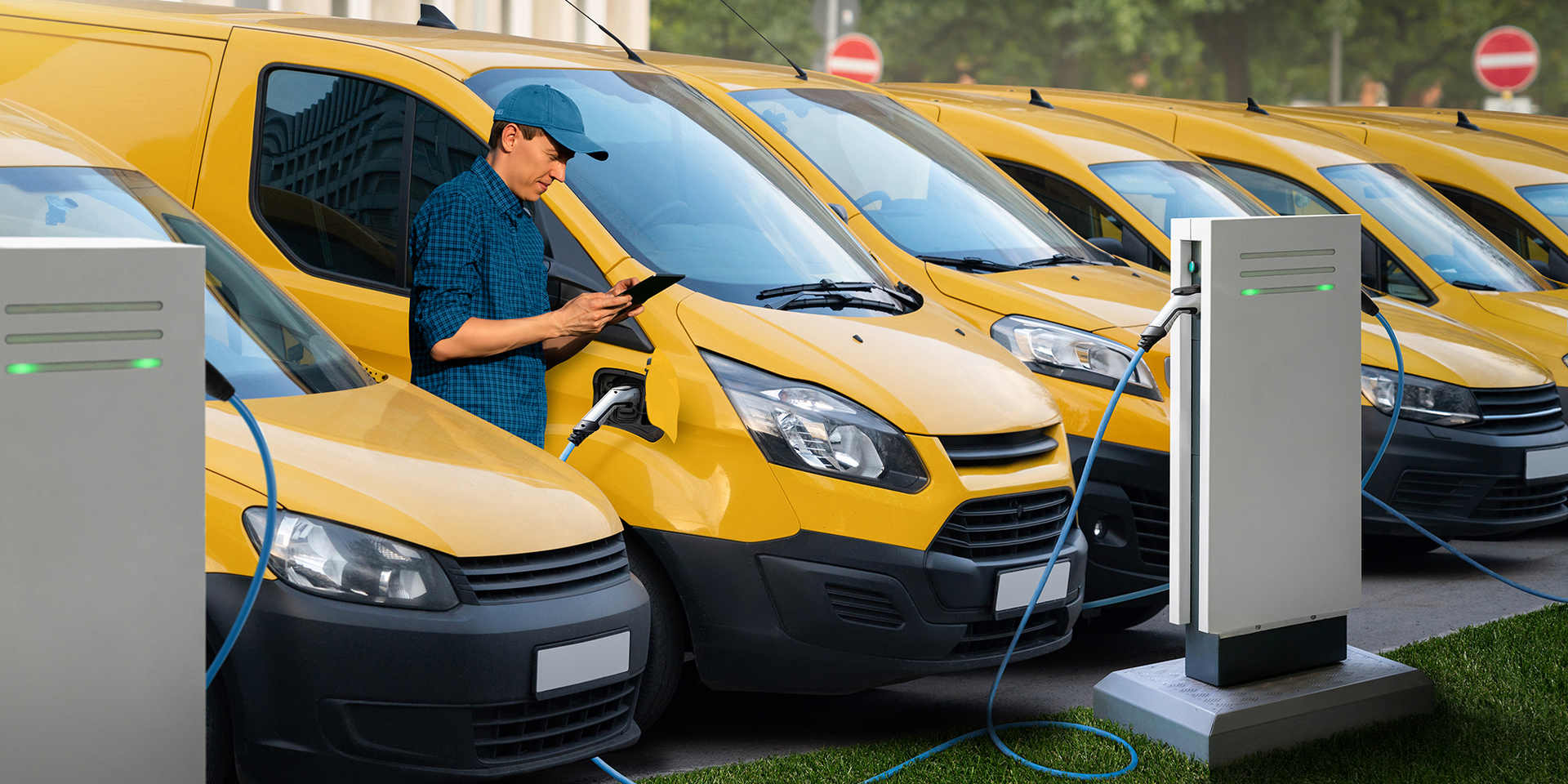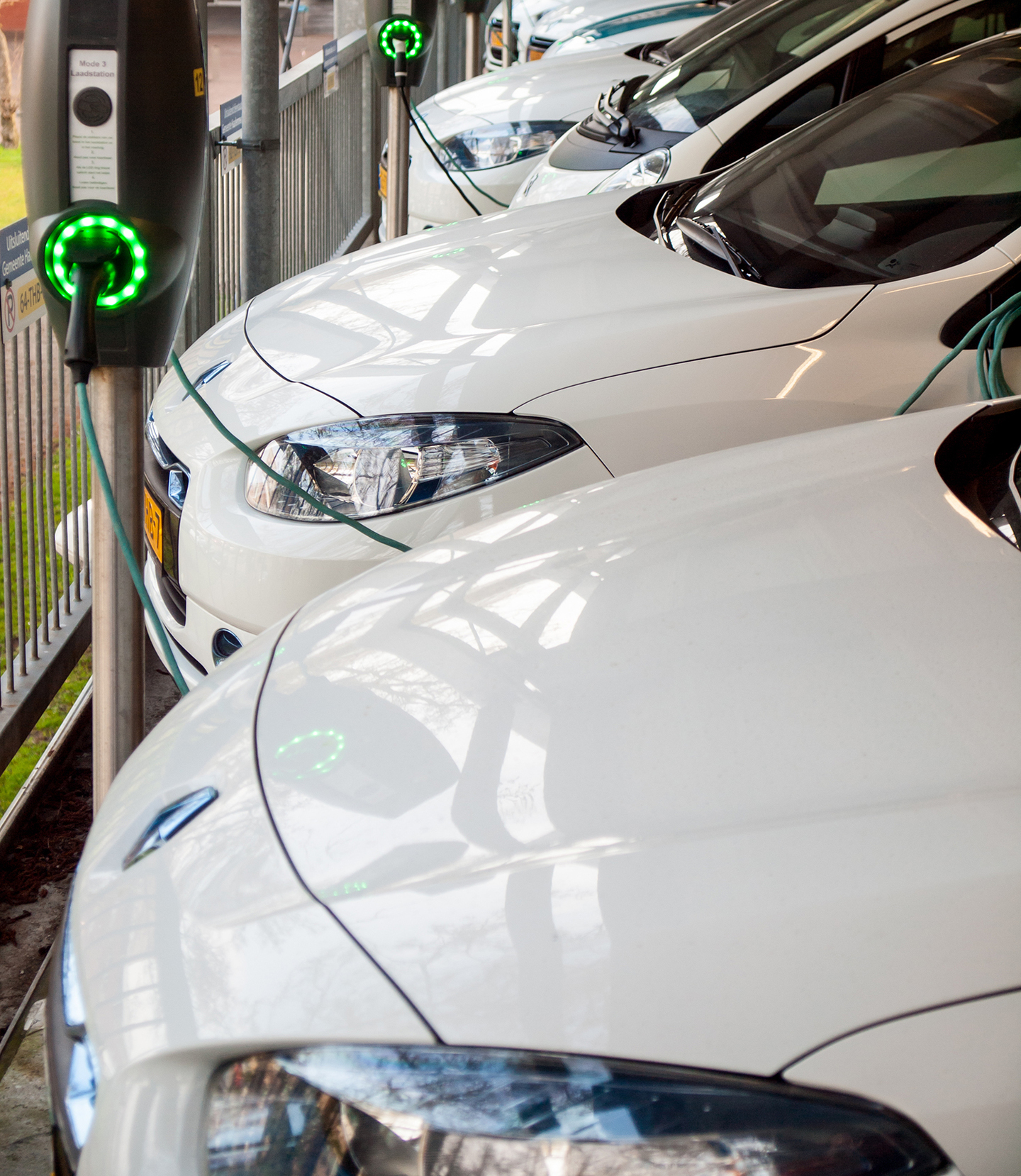EV Fleet Vehicles are the Future
Posted on 19th December 2022 at 17:05

There is no doubt that electric vehicles are the future. The UK government intends to end the sale of petrol and diesel vehicles by 2030, with some hybrid models allowed. However, by 2035, all new cars and vans must be zero emission at the tailpipe. So, there’s little doubt that the future is electric and preparing for this change is going to be essential for businesses.
Climate crisis
The climate crisis has created a big discussion between world governments. Changes are being implemented at a faster rate than we’ve seen before as governments try to slow the effect of fossil fuels. The Paris Agreement of 2015 saw the nations responsible for 97% of the world’s emissions announce plans to limit the global temperature increase to 2°C above preindustrial levels.
To comply, the UK has written laws that will cut Greenhouse Gas (GHG) emissions by 78% by 2035 compared to 1990, with a net-zero target for 2050.
It’s not just governments that are committing to the cause. Many of the world’s largest corporations have pledged to reach net-zero operation ten years ahead of schedule.
In the UK, the transport sector is responsible for 24% of the country’s GHG emissions. It’s clear why the government is focusing its efforts to reducing the GHG impacts of the transport industry.

How are vehicle fleets affected?
Many large organisations have comprehensive Environmental, Social and Governance (ESG) programs. Those that operate fleets must consider the large environmental impact of their programs.
Fleet vehicles have a large impact on ECG targets and a reduction by electrification is a great solution. As technology improves, electric vehicles evolve to have much better range making them ideal for business use.

Benefits of EV fleet vehicles
EV fleet vehicles, especially electric vans, are significantly cheaper to run. Their comparatively lower cost per mile and minimal maintenance required make them an excellent choice for businesses.
Electric vans and cars have fewer moving parts, meaning there is less to go wrong and less to worry about. Pair this with being in complete control of their energy use and charging, they make an excellent choice for a fleet.
Some new commercial EVs even feature vehicle-to-load capability. The batteries in these vehicles can be used to power nearly anything plugged into its socket. Your vehicle can effectively become a mobile power unit which will open new possibilities.
Benefits of commercial EV charging
Switching to electric will provide your business with a wealth of benefits. One of the main benefits of using electric vehicles for business is that you can install your own chargers.
Having workplace EV chargers installed gives you an unparalleled level of convenience paired with excellent control. Whether you’re using your facilities to charge fleet vehicles or employee cars and vans, you will improve your brand image and reduce your carbon emissions.
Commercial EV charging allows for simple scale up. This means that as your business grows, so can your fleet and charging facilities. You also don’t need a large amount of free space, as charging solutions can be tailored to your specific property.
There are many options available to fit your commercial or industrial property, such as solar EV charging carports. These allow for an even greener approach to workplace charging, further reducing your transport costs.

The future is electric
There’s no doubt that the future of transportation will be electric. With laws implemented and a sharp change in direction by car and van manufactures, we will soon be left with no choice but to electrify. However, this is not a negative thing. There are a host of benefits to switching your fleet or employee vehicles to EV. Get ahead of the crowd and future-proof your business.
If you have any questions about commercial EV charging solutions, please get in touch with CAM Electrical today.
Tagged as: EV Charging
Share this post:
